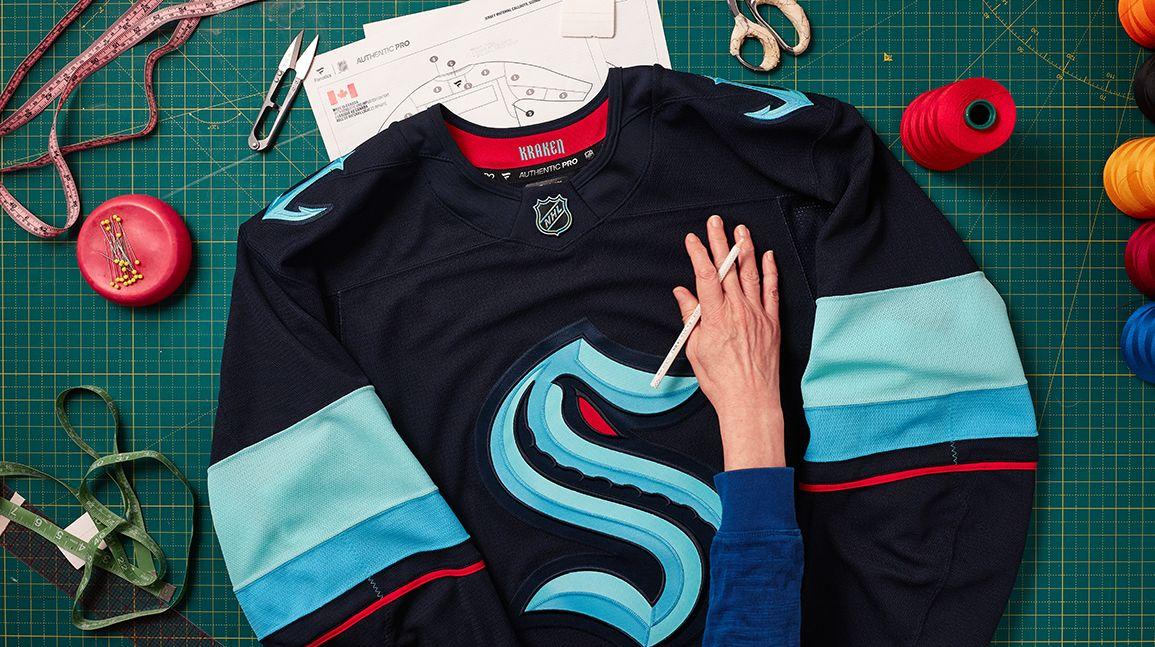With the release of its new NHL jerseys on Wednesday morning, Fanatics was well aware of the need to manage the message.
Unfairly looped into Nike’s bungling of the Major League Baseball uniform debacle, Fanatics presented a very buttoned-up story as it rolled out its new line of NHL jerseys for next season.

Fanatics decade-long deal, which starts for the 2024-25 season, replaces adidas, which held the deal for the previous seven seasons.
The new agreement provides for Fanatics to not only make the on-ice uniforms, but also three levels of retail jerseys. Fanatics already had been making the lowest level of jersey, the Breakaway, for the last seven years.
What consumers will notice is Fanatics hardly changed anything on the outside, aware that quietly marching into the new deal was the best strategy. Fanatics is making the jersey in the same Canadian factory where they have been made for the last half-century.
With a bulls-eye on its back — some earned, some questionably attributed — Fanatics realized that fans saying “That’s it?” is much better than “They did what?”
That's a far cry from what happened in the spring with baseball, as fans and players alike assailed the Nike-made MLB jerseys.
This time, Fanatics made sure no NHL constituency was out of the loop to accuse the retailer of going its own direction. The company consulted the league, the players, the union and NHL equipment managers for feedback before the final edits were made.
The results are small, but not insignificant, changes. An extra layer of fabric by the elbows so players don’t get board burns, an elimination of the dimples on the shoulders for a sleeker look and a hologram NHL shield to protect against counterfeiting.
Given the retail giant Fanatics has become, it doesn’t need big press on everything. What the company needs right now is for a quiet release.
This might run counter to Fanatics' style and the flair of its flashy owner Michael Rubin. But there’s no question the best thing for Fanatics is to turn off the negative energy.
If the retailer didn’t do enough? So what. At least it didn’t do too much.
Up next? The revelation of the new price tags.
Darren Rovell is the founder of cllct.com and one of the country's leading reporters on the collectibles market. He previously worked for ESPN, CNBC and The Action Network.

